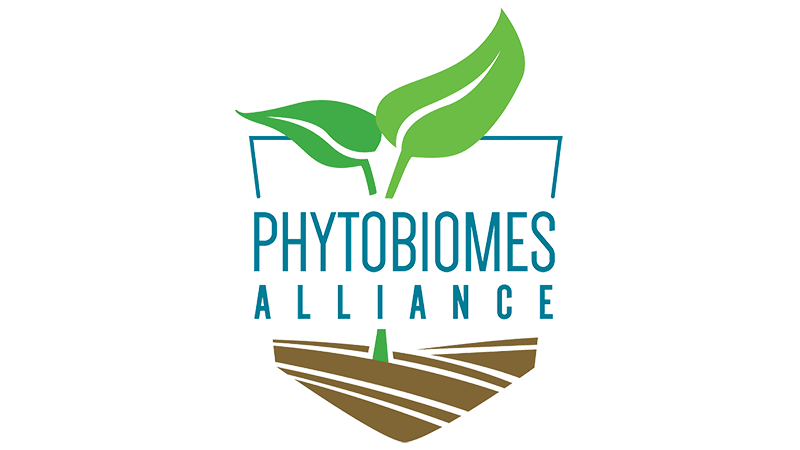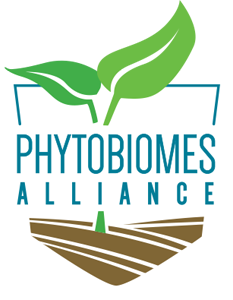
Publication: Enabling sustainable agriculture through understanding and enhancement of microbiomes
Tansley review
Publication date: 17 May 2021 (); 03 March 2021, first published (accepted manuscript online)
Summary
Harnessing plant-associated microbiomes offers an invaluable strategy to help agricultural production become more sustainable while also meeting growing demands for food, feed and fiber. A plethora of interconnected interactions among the host, environment and microbes, occurring both above and below ground, drive recognition, recruitment and colonization of plant-associated microbes, resulting in activation of downstream host responses and function- ality. Dissecting these complex interactions by integrating multiomic approaches, high- throughput culturing, and computational and synthetic biology advances is providing deeper understanding of the structure and function of native microbial communities. Such insights are paving the way towards development of microbial products as well as microbiomes engineered with synthetic microbial communities capable of delivering agronomic solutions. While there is a growing market for microbial-based solutions to improve crop productivity, challenges with commercialization of these products remain. The continued translation of plant-associated microbiome knowledge into real-world scenarios will require concerted transdisciplinary research, cross-training of a next generation of scientists, and targeted educational efforts to prime growers and the general public for successful adoption of these innovative technologies.
Reference
Trivedi, P., Mattupalli, C., Eversole, K. and Leach, J.E. (2021), Enabling sustainable agriculture through understanding and enhancement of microbiomes. New Phytol, 230: 2129-2147. https://doi.org/10.1111/nph.17319
